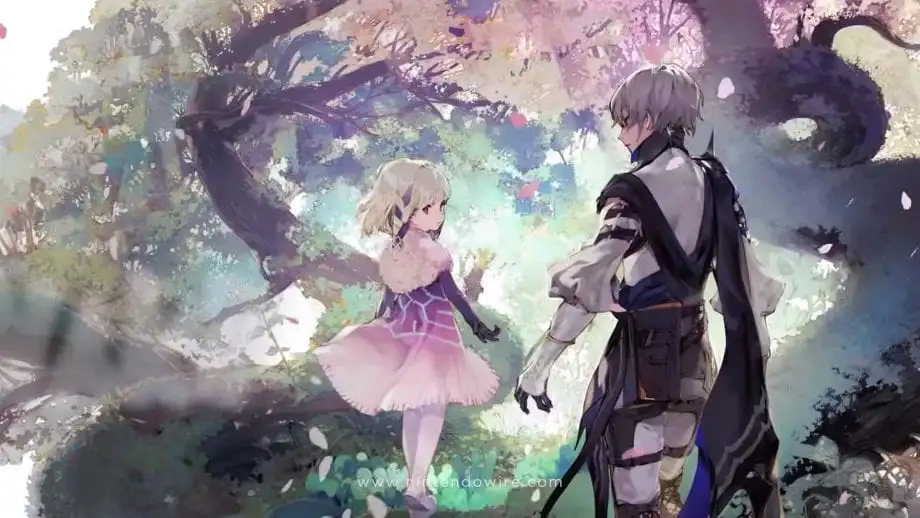Not many games explore death and reincarnation through their story and characters, but fewer still are willing to go into the darker parts of this concept the way Oninaki does.
Set in a world where reincarnation has been proven, the game presents a culture that revolves around death and dying. People know there will be another life after the one they’re living, and this drives almost every decision they make in their current lives.
It’s an aspect of the game players will be privy to almost immediately.
Within the first few hours alone, they’ll be shown ghosts of those taken before their time, desperate to fulfill a final wish before their next life; grieving parents willing to give up on their current lives to be with their children in the next; and lovers unable to continue on without the ones they love in the present, trying desperately to bring them back before they’re turned into someone else.
This only gets darker as the game goes on. Some of those ghosts will call for the deaths of their killers before moving on.
The people unable to continue on without those they love will resort to murder and unholy rituals, and some who find themselves in difficult situations will give up on life without a second thought thanks to the out of reincarnating.
It’s grim stuff for sure, and most wouldn’t be blamed for thinking it’s way darker than what they would have expected – or wanted – from a typical JRPG.
And yet, it’s thanks to these dark themes that Oninaki stands out from the pack the way it does.
Where other games might try to focus on the positive parts of reincarnation, Oninaki goes straight for the throat with issues that would arise from its existence.
It asks how much value there would be in living your best life when it isn’t perfect, and the chance of living a better one could be a “walk into that good night” away; and, when you have what you’d consider the perfect life, how willing you’d be to let go of it and move onto whatever is in store for you next.
Not only that, but it frames its characters’ narratives around the darker sides of the concept. Kagachi, the game’s protagonist, acts as a guide through reincarnation for the living. He tries to help them come to terms with the loss of their loved ones, but more often not, he has to usher them along to the next life when they can’t find the will to live anymore.
He accepts this as how life works, up until he loses some of those closest to him.
Once this happens, he finds himself asking the same questions as many of those he once guided to their deaths without a second thought: Should he keep living? Is there value in his current life without those he cared about?
It’s heavy stuff, but it’s genuinely written enough to lend some real weight to the characters growth and change throughout the story.
Now, this isn’t to say that Oninaki handles these themes perfectly. The game ends up providing a McGuffin that solves all of the problems of reincarnation by the end of the story in typical JRPG fashion.
Likewise, some characters’ motivations jump wildly between being driven or not driven by reincarnation, especially near the end of the game.
All the same though, the fact that the game attempts to tackle these themes is a marvel in and of itself. It’s something not every game has the courage to do, and for the time being, it’s one of the best reasons to give Oninaki a look.





Published: Aug 27, 2019 12:18 pm